VET APPROVED

The information is current and up-to-date in accordance with the latest veterinarian research.
Learn more »Sadly, even though cats are thought of as having “nine lives,” it’s a fact that cats don’t live as long as humans. Cats don’t live as long as humans because of several factors that impact the average lifespan of a mammal and because of their evolutionary history.
Indeed, when it comes to a cat’s longevity, several factors come into play. In this article, we’ll examine those factors to postulate why cats have shorter lifespans than humans.

Why Don’t Cats Live as Long as Humans?
The true answer to this question is extremely complex and possibly not definitively answered by science as of yet. However, there are logical reasons and some very compelling research that may explain why a cat doesn’t live as long as a human does.
Many intrinsic factors play a role in determining a species’ average lifespan.
- Basal metabolic rate
- Body mass
- Body temperature
- Diet
- Ability to hibernate
The factors listed above explain some but not all of the variability in the lifespan of mammals. A better understanding of the average lifespan can be obtained by looking at the evolutionary history of cats and the animals they’ve evolved alongside with.
A cat is a predator, and this means that they need to grow at a rate that lets them rapidly become strong enough to hunt and survive on their own. As many cats are solitary in nature, this requirement is crucial for all feline species1.
If a gene were to have antagonistic effects, meaning it’s helpful in early life but harmful later on – such as promoting cell division when a cat is young but allowing cancer (uncontrolled division) later – then, if it improves fitness, evolution may favor that gene despite its ability to limit a cat’s lifespan.
Likewise, if there are genetic mutations or an ‘aging gene’ that shows up later in life, the gene’s effects would still materialize even after a cat has passed the genes onto their kittens. Over time, this may allow mutations to accumulate and cause aging in a species by persistently showing up later in life. This may explain why some diseases are more prevalent in older cats than in younger cats (such as feline dementia).
Evolution has also shaped each species’ life history based on how they interact with their environment and the other species around them. For instance, if younger, more fit prey were able to avoid capture compared to their older counterparts, this would limit the overall lifespan of a prey species. This would, however, also impact the lifespan of the predators who rely on these prey species – if they were to outlive their prey, they would perish anyway.
Therefore, it seems that cats don’t live as long as humans do because of a combination of several intrinsic factors and their evolutionary history.
To brighten up this topic, domesticated cats can live upward of 20 years thanks to advancements in veterinary medicine, but that’s still much shorter than we would like.2 In exceptionally rare instances, some cats can even live up to 30 years old, but that is not seen as often (and these instances are an exception and not a rule).

What Is the Average Lifespan of a Cat?
Why do cats have short lifespans? The average lifespan of a cat ranges from 10 to 15 years. The average lifespan of an indoor cat is higher than outdoor cat.

What Can I Do to Increase My Cat’s Lifespan?
Nobody truly knows how long a pet cat will live. However, as an owner, you can do a few things that offer your pet the best chance at life. Examples are as follows:
- Take your cat for annual checkups. Cats are masters at hiding pain, and keeping up with wellness exams can discover a potential health problem.
- Indoor cats tend to live longer, and keeping your cat an indoor cat will help keep them out of harm’s way.
- Feed high-quality cat food relevant to their current life stage. Consult your veterinarian for optimal nutrition.
- Obesity is common in cats, and you must keep your cat at an ideal weight. You can exercise your cat by engaging in a game of fetch or grabbing your cat’s favorite toy for some playtime.
- Always provide clean, fresh water for your cat. You can invest in an automatic water dispenser to ensure your cat always has clean drinking water.
- Ensure you clean the litter box daily.By cleaning the litter box daily, you can observe your cat’s elimination patterns to potentially help catch some issues earlier on
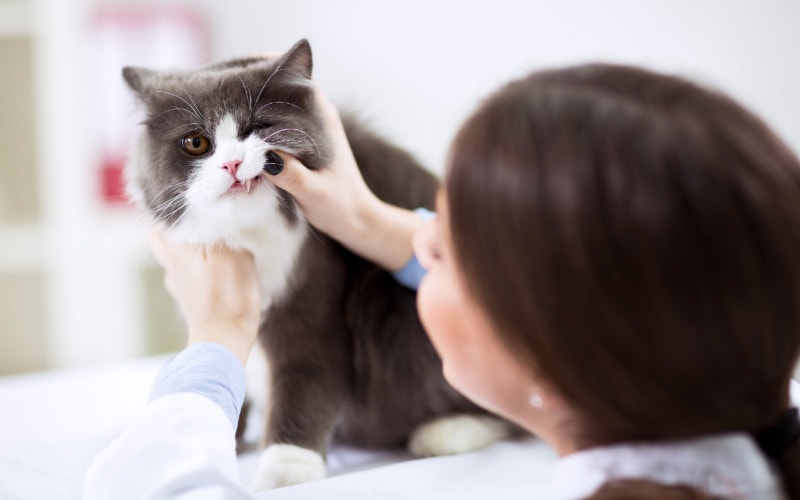
Additional Tips for Keeping Your Cat Safe
- Microchipping your cat and ensuring they wear a breakaway collar with an ID is a must if your cat likes to be outdoors.
- Spaying or castrating (neutering) will also increase your cat’s lifespan, as it can minimize or eliminate the risk of some diseases.


Final Thoughts
Cats do not live as long as we would like, but they can still live long, healthy lives with proper nutrition and care. Remember to take your cat for regular checkups as well. Additional tips include feeding your cat a balanced diet, and as always consulting your vet with any questions or concerns, as they will guide you in the right direction.
- https://www.vet.cornell.edu/departments-centers-and-institutes/cornell-feline-health-center/health-information/feline-health-topics/feline-diabetes
- https://www.petmd.com/cat/slideshows/11-ways-help-your-cat-live-longer
- https://vcahospitals.com/know-your-pet/nutrition-feeding-guidelines-for-cats
- https://www.indiantrailanimalhospital.com/services/cats/cat-dental-care
- https://vcahospitals.com/know-your-pet/microchipping-your-cat#:~:text=For%20cats%2C%20the%20standard%20site,the%20needle%20is%20quickly%20inserted
- https://www.usatoday.com/story/news/2022/06/15/how-long-cats-live/7616721001/
- https://www.avma.org/javma-news/2013-07-01/banfield-spaying-neutering-correlate-longer-lives
- https://pmc.ncbi.nlm.nih.gov/articles/PMC7158323/
- https://pmc.ncbi.nlm.nih.gov/articles/PMC5428381/#:~:text=Several%20factors%2C%20such%20as%20species,%2C%20variability%20in%20species’%20lifespan.
Featured Image Credit: Trusova Evgeniya, Shutterstock
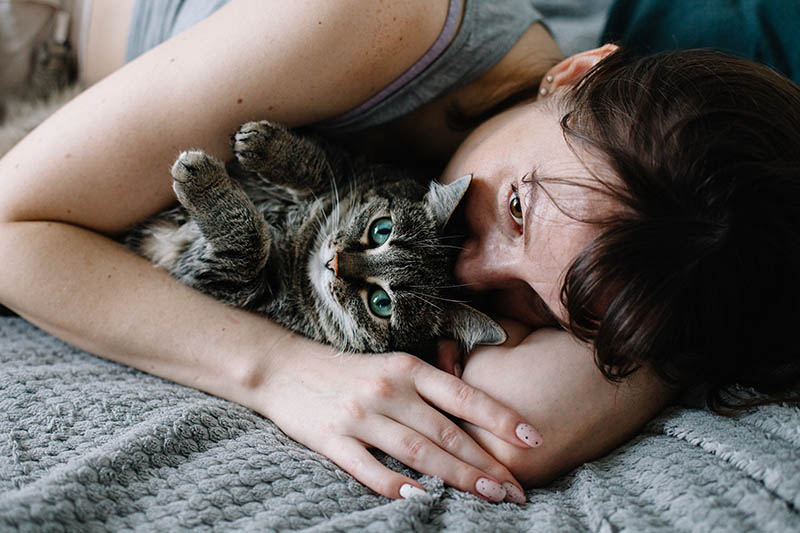





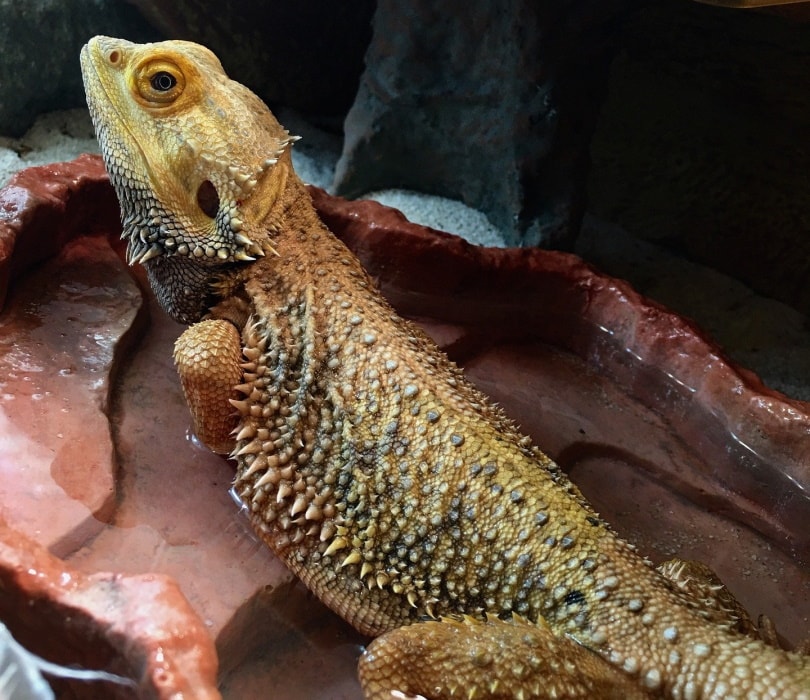
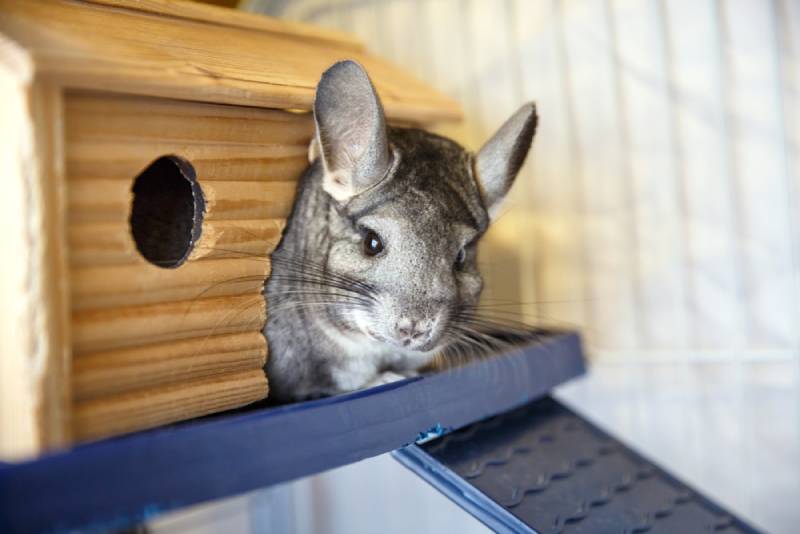
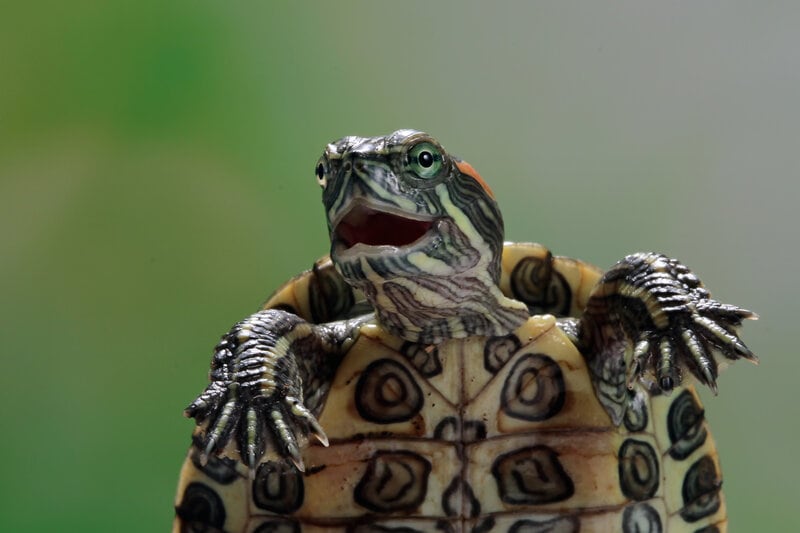



2 Responses
I’ll never have a cat again til they can live at least 50 years. It’s too heartbreaking 💔
Hello Mark,
we are very sorry to hear about your experience with loss of your cat. As cat lovers, we absolutely agree that losing your cat could be devastating, especially when you consider them to be a part of your family. Take your time to go through the grieving process. It is said that time heals all the wounds, but there’s no need to rush.
If you would ever feel like struggling, just remember you are not alone in this. There are even support groups for pet loss. You can read our article about this topic:
– Are There Pet Loss Support Groups? How to Find One
Hope this helps. Best of luck to you!